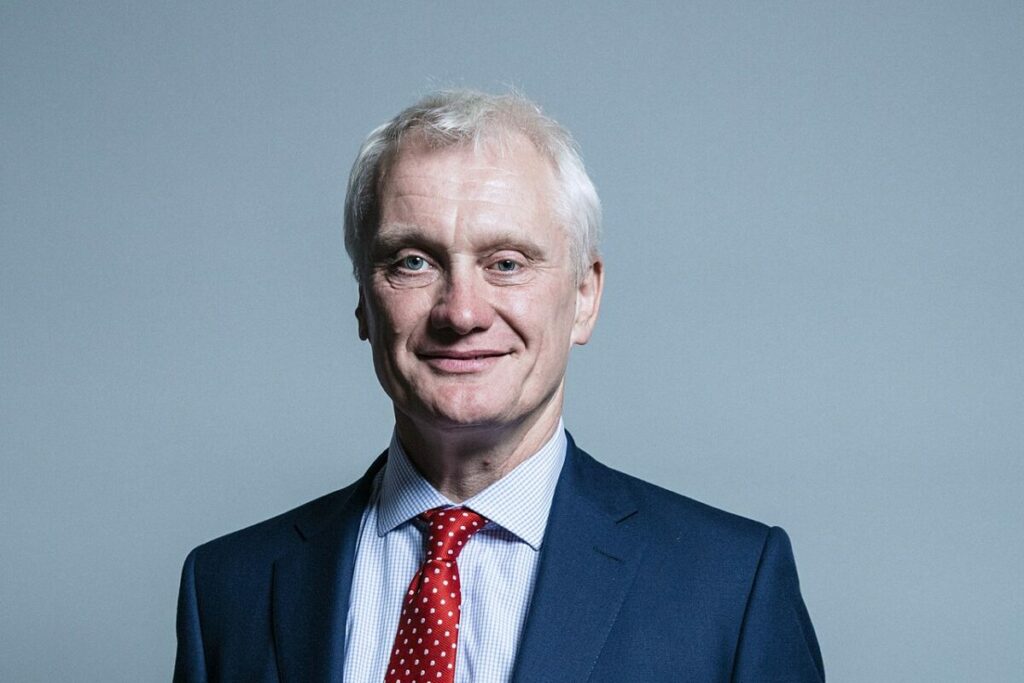Graham Stuart has announced his resignation from the role of minister of state for energy security and net zero after 14 months.
Previously minister of state in the Department for Business, Energy, and Industrial Strategy, Stuart was energy minister for the Department for Energy Security and Net Zero (DESNZ) from 7 February 2023 to 12 April 2024.
During his time as minister for the Conservative government, Stuart received both criticism and congratulations for the UK’s development of a renewable energy sector.
Positive impact
In May 2023, the UK government held its first-ever Net Zero Council, co-chaired by Stuart and Coop Group CEO Shirine Khoury-Haq.
The council aimed to explore several possible routes to cut emissions via input from energy companies, leading banks and finance firms, with Siemens, SSE, HSBC, NatWest, and Lloyds of London among those on the council.
A few months later, in September, Stuart announced £160 million in climate support funding for developing countries at the UN Climate Ambitions Summit in New York.
He said: “The UK has cut its emissions by more than any other major economy since 1990 and, following COP26, will continue to spearhead international efforts to limit global warming and reach net zero.”
More recently, DESNZ confirmed the UK’s withdrawal from the Energy Charter Treaty (ECT) in February 2024.
As Stuart explained, “The Energy Charter Treaty is outdated and urgently needs reform, but talks have stalled, and sensible renewal looks increasingly unlikely. Remaining a member would not support our transition to cleaner, cheaper energy and could even penalise us for our world-leading efforts to deliver net zero.”
Leading criticisms
However, Stuart has often been criticised for his decision-making, specifically that around oil and gas licenses from the North Sea.
In January 2024, the North Sea Transition Authority (NSTA) awarded 24 licenses in the second part of the 33rd oil and gas licensing round.
Shell, Equinor, BP, Total, and NEO Energy were among the 17 companies that offered 24 licenses across 74 blocks and part-blocks in the Central North Sea, Northern North Sea, and West of Shetland areas.
Stuart argued that these new licenses will “strengthen” the UK energy security “now and into the future” despite the criticism they received from the renewable energy industry.
Moreover, the Climate Change Committee (CCC) wrote to Graham Stuart to warn him against meeting Carbon Budgets with a surplus.
There are five Carbon Budgets which are legally binding carbon emission reduction targets for the UK over five-year periods set by the government on the advice of the CCC.
The Third Carbon Budget (2018-2022) was met with a surplus, meaning the government recorded a surplus amount of carbon emission was left unreduced. This has been primarily attributed to external factors, principally the economy-shrinking effects of the COVID pandemic.






